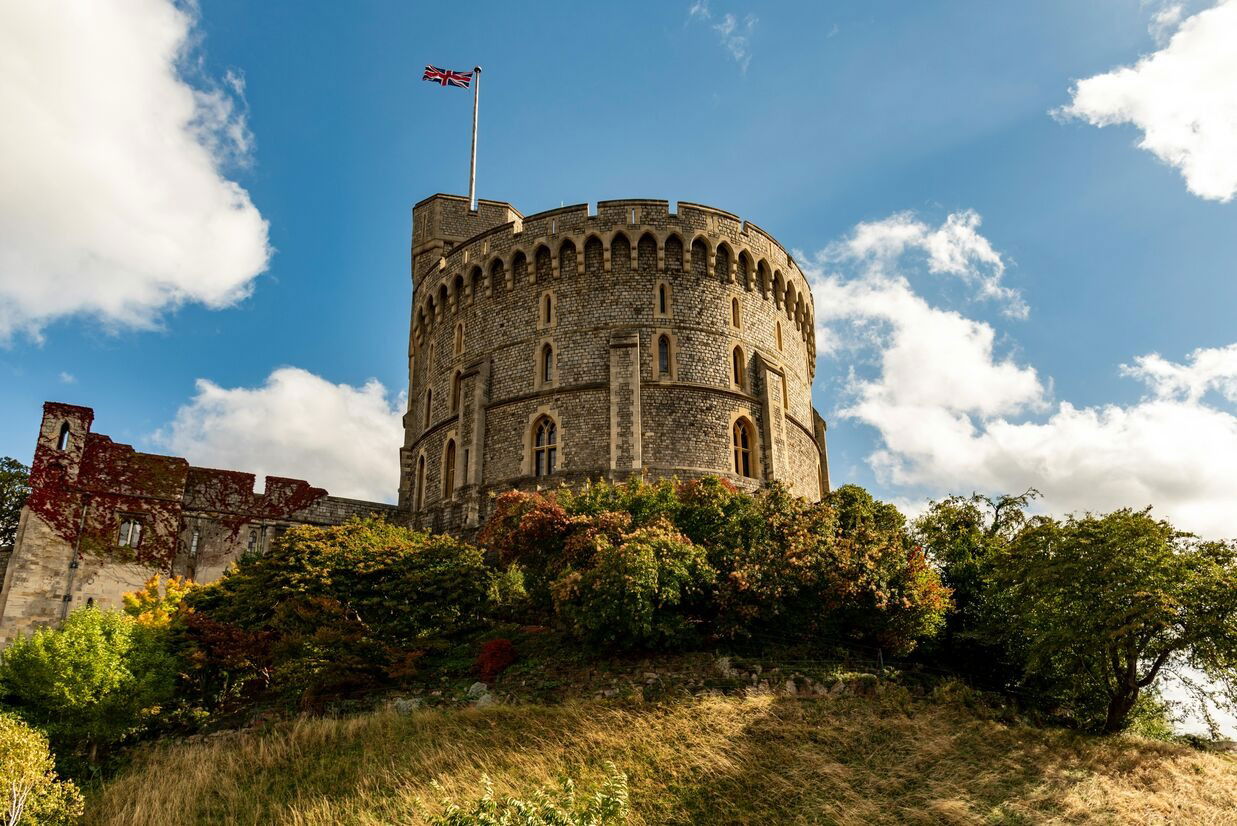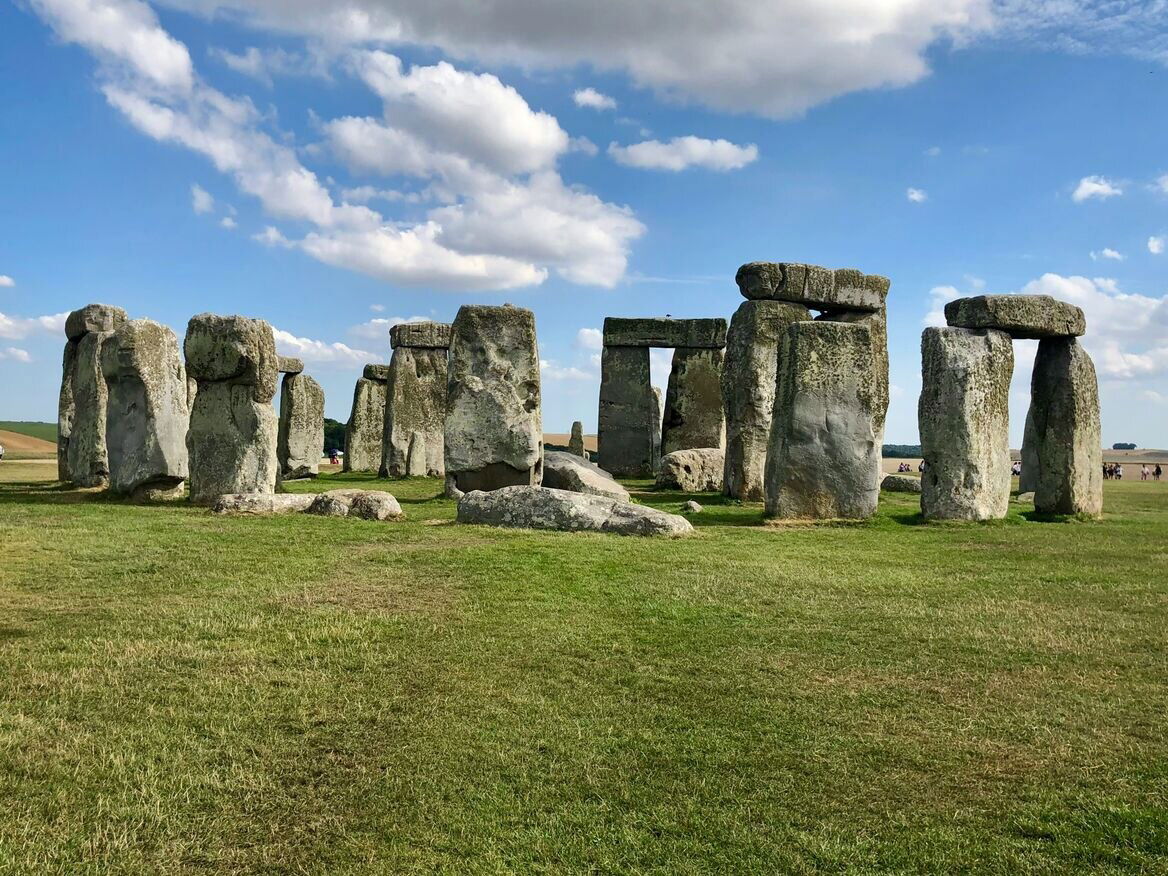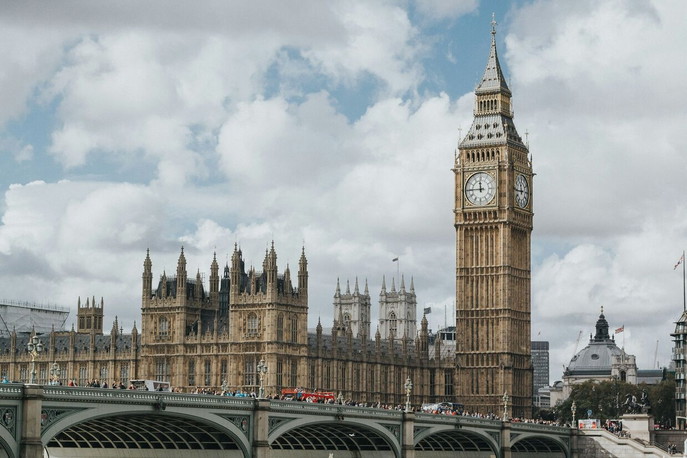In 2024, the United Kingdom welcomed over 750,000 international students to its shores, accounting for over 25% of all higher education students in the country. But why is this small island such a popular location for foreign students?
Though it may be small, the United Kingdom has established itself as a global juggernaut in culture, history and innovation over hundreds of years. With some of the best universities in the world, a long and storied past, and more than a handful of peculiar quirks, the UK is a fantastic option for study abroad students.
If you’re thinking about choosing the UK as your study abroad destination, make sure to read up on these fun facts first!
1. The United Kingdom is a multi-national state comprised of four countries: England, Wales, Scotland and Northern Ireland.
2. The UK is spread across the British Isles of Great Britain, Ireland, and over 6,000 smaller islands, of which approximately 200 are inhabited.
3. Great Britain is the largest of the British Isles, containing England, Scotland and Wales.
4. Northern Ireland shares a southern border with the Republic of Ireland. This is the only direct border the UK shares with another country.
5. Despite its size, the UK is the sixth largest world economy after the USA, China, Japan, Germany and India.
6. Although small by modern standards, the UK once controlled the largest empire in history. At its peak in 1920, it covered approximately 26.35% of the world’s surface!
7. The 35.5 million km² empire was approximately as large as the surface of the moon (38 million km²).
8. The British Empire has largely been replaced by The Commonwealth, a group made up of over 50 countries (including Canada, Australia, South Africa etc.) who work and trade together.
9. Partially as a result of the Empire, the UK is a highly diverse country. 25% of London’s population was born outside of the country, making it one of the world’s most diverse cities.
10. Britain’s love of tea is a direct result of the empire, with its East India Company exporting over 4.7 million lbs of tea a year out of India at its peak in the 18th century.
11. This love of tea has only intensified. It’s estimated that Brits drink over 100 million cups of tea per day (that’s over 36 billion a year!)
12. There’s even a nation-wide phenomenon involving tea. During commercial breaks on national television, British power stations experience a huge surge in electricity as thousands of households all set their kettle to boil at the same time!
13. While not exactly known for their food, the British have made their mark on global cuisine. The sandwich was invented in England by the Earl of Sandwich, who wanted a way to eat without having to stop playing cards.
14. Another famous English meal is ‘bangers and mash’ (sausage and mashed potatoes). The name ‘bangers’ originates from World War I, when sausages were filled with water during food shortages, causing them to periodically explode when cooked!
15. British inventions don’t end with food, however. The British are responsible for some of the most important inventions in history. Highlights include Penicillin, the telescope, electric lightbulbs and the telephone.
16. The London Underground was introduced as the world’s first underground railway system in 1863.
17. The UK is also responsible for the invention of many sports, including football, tennis, cricket and golf.
18. More significantly however, the UK also invented the sport of cheese rolling! Every year in Gloucester, hundreds of people attend a cheese-rolling festival on Cooper’s Hill, attempting to catch a rolling wheel of cheese.
19. The UK certainly has a way with words. William Shakespeare invented over 2,000 words, approximately 1,700 of which we still use today. Examples include ‘downstairs’, ‘lonely’, ‘dawn’ and ‘hurry’.
20. The second longest place name in the world is found in the UK. The Welsh town of Llanfairpwllgwyngyllgogerychwyrndrobwllllantysiliogogogoch clocks in at 58 letters, beaten only by a town in New Zealand containing 85.
21. The UK contains the highest density of accents in the English-speaking world, with an estimated 56 unique accents being spoken throughout the British isles.
22. The Royal Family remains one of the most iconic aspects of British culture. Their oldest residence is Windsor Castle, which is the oldest continually inhabited castle in the world.

23. The late Queen Elizabeth II’s famous corgis are part of a 14-generation lineage starting with Susan, gifted to her on her 18th birthday.
24. Long before the royals, one of Britain’s most famous landmarks was being constructed: Stonehenge. Stonehenge was built in 3000BC, making it approximately 500 years older than the Egyptian Pyramids.

24. On the topic of other famous landmarks, the name ‘Big Ben’ is the name of the clock’s bell and not the clock tower itself.
26. Beyond the Royals and famous landmarks, England, Scotland and Wales all choose to represent themselves with a national animal: a lion, unicorn and red dragon respectively.
27. In the UK, all horses are required to own a passport, whether they’re travelling abroad or not.
28. This is in complete contrast to the King and late Queen of England, who are not required to travel with a passport or even drive with a driver’s license!
29. Whether you’re driving with or without a license, the UK is one of only 64 countries that drives on the left side of the road. Of the UK’s overseas territories, only Gibraltar drives on the right.
30. The benefits of being on an island are always apparent in the UK. No matter where you are, it’s impossible to be more than 70 miles from the sea!
If you’re convinced that this weird and wonderful island could be the perfect place for you to spend your year abroad, then check out the link below and discover a range of programmes on Global Admissions to suit your goals and ambitions, whatever they may be:

